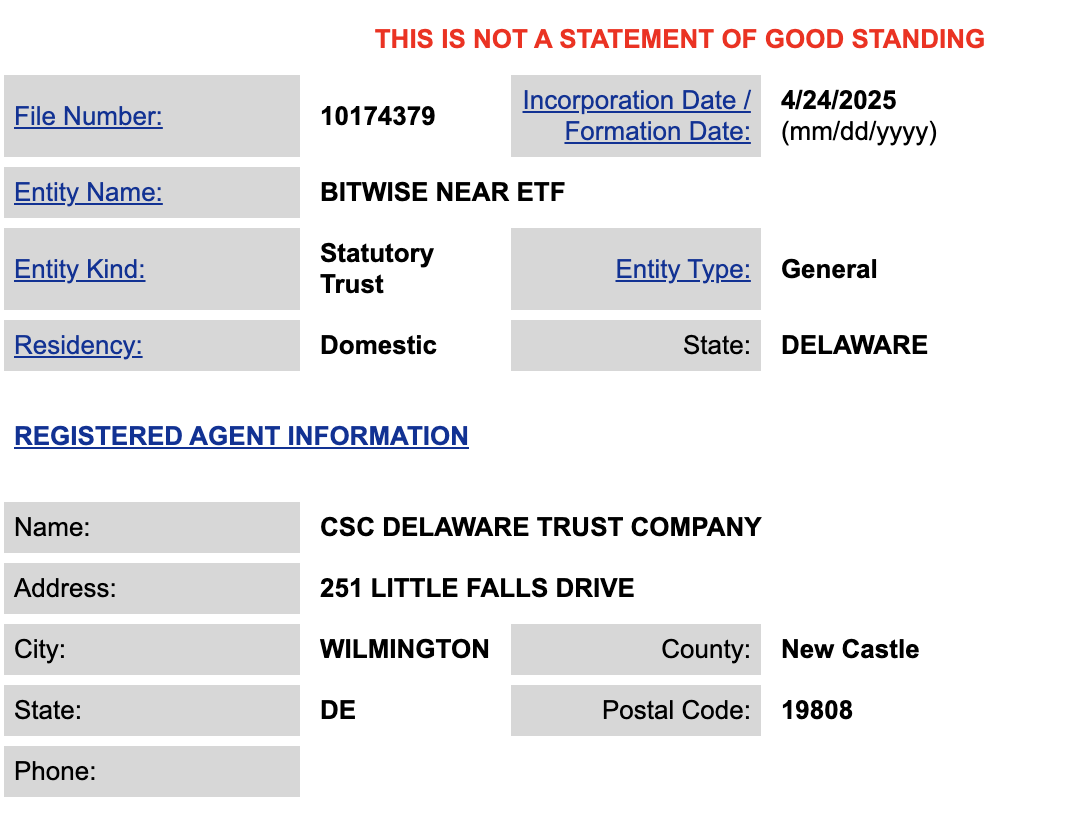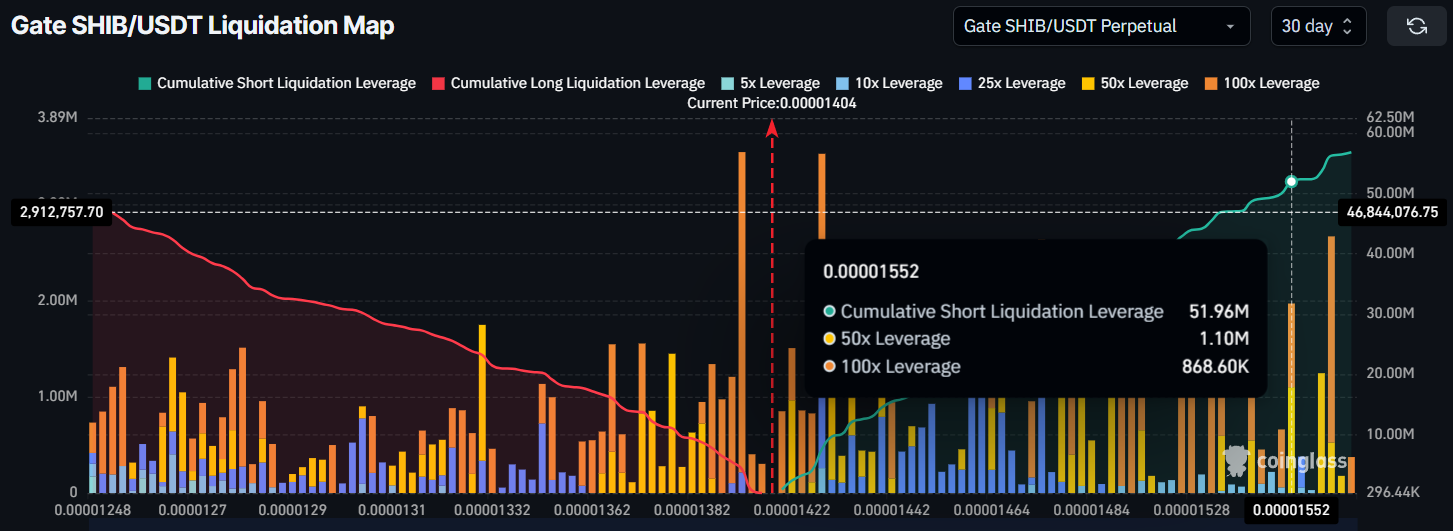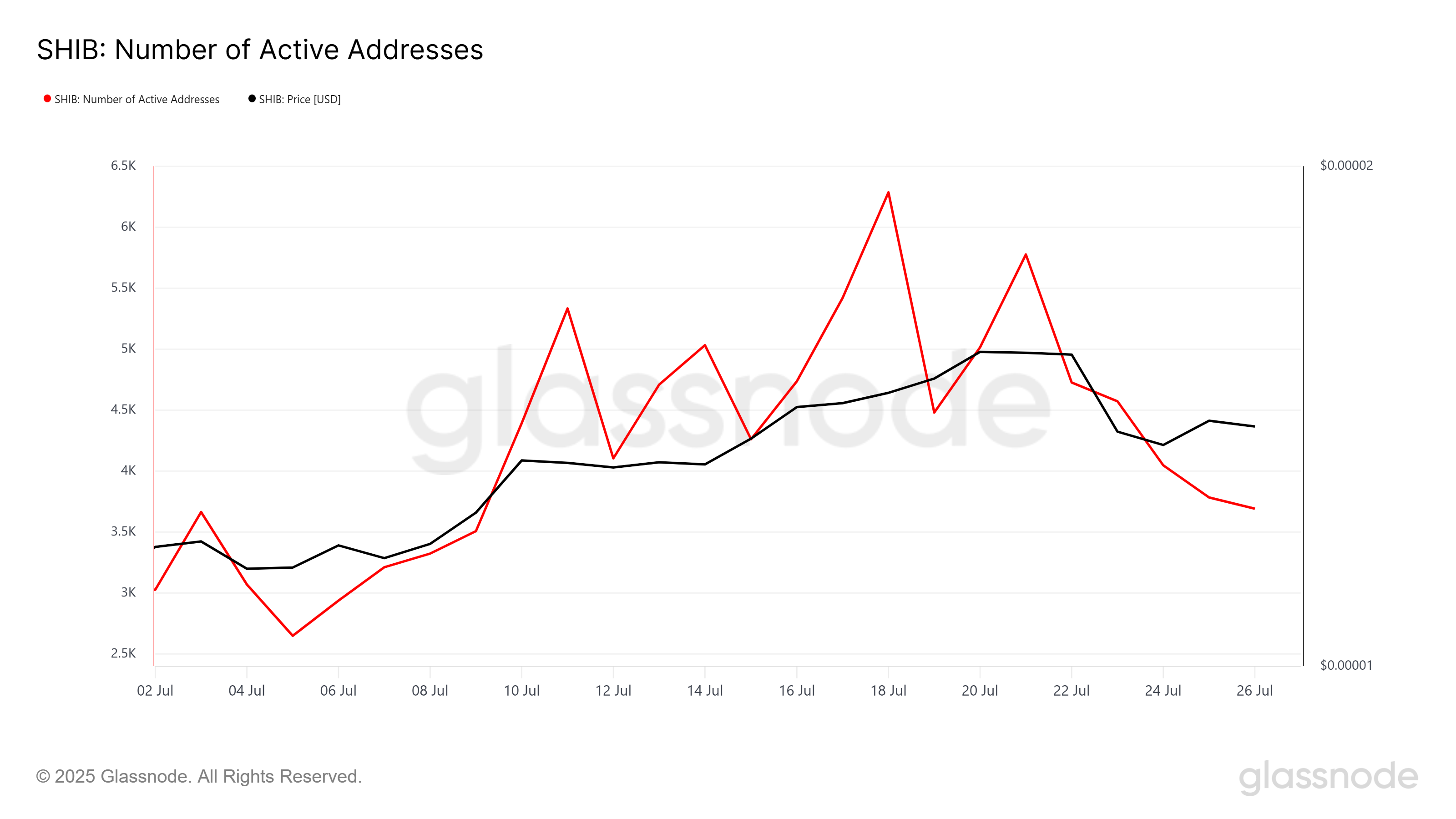In a recent court hearing, 25-year-old Council pleaded not guilty to charges of aggravated identity theft and access device fraud. Council is accused of sparking a market stir by falsely tweeting about the SEC’s supposed approval of Bitcoin ETFs. This message, allegedly posted after accessing an SEC employee’s Twitter account, caused a brief but intense $230 million liquidation in the crypto market as investors reacted to the fake news.
The FBI’s Quest For Co-Conspirators
As reported by Bloomberg, prosecutors believe Council’s cooperation could be pivotal in tracing the scheme’s true architects. Assistant U.S. Attorney Kevin Rosenberg informed District Judge Amy Berman Jackson of the possibility of a plea deal, though it remains uncertain if Council will take it. This strategy is not uncommon; prosecutors often negotiate reduced sentences in exchange for key information, especially in complex cybercrime cases.
Council allegedly forged identification documents and deceived a phone store employee into granting access to the SEC staff member’s phone. This breach reportedly allowed his accomplices to exploit security weaknesses on X (formerly Twitter). Despite his not-guilty plea, federal prosecutors claim to have significant evidence tying Council to the crime. The indictment reveals that Council frequently searched online for updates on the hack and checked if he was under investigation, suggesting he may have anticipated legal scrutiny.
A Market in Turmoil Over a Tweet
Council’s false tweet highlighted the sensitivity of crypto markets to official-sounding announcements. Bitcoin ETFs have been a long-anticipated regulatory development, and the fake approval sent waves across the market. Within minutes, the misinformation triggered a massive $230 million liquidation as panicked traders scrambled to respond. This reaction underscores the high stakes in the cryptocurrency space, where unverified news can wreak havoc on investor sentiment and financial stability.
Plea Deals and Cooperation: The Prosecutor’s Playbook
The potential plea offer presented to Council mirrors recent strategies employed in high-profile crypto cases. For instance, federal prosecutors recently recommended a five-year sentence for Ilya Lichtenstein, one of the 2016 Bitfinex hackers. Lichtenstein’s cooperation in revealing valuable details about the operation reportedly contributed to a more lenient sentencing, highlighting the benefits prosecutors see in securing cooperation from accused cybercriminals.
The case against Council brings renewed focus on the vulnerability of public figures and agencies to sophisticated identity theft schemes. Prosecutors are now intent on identifying the masterminds, relying on Council’s potential cooperation to unravel a network of alleged accomplices.
SEC’s Uphill Battle: Ripple and Regulatory Challenges
Meanwhile, the SEC faces another high-stakes battle in court against Ripple. In a recent filing, Ripple sought to dismantle the SEC’s argument that XRP, its native cryptocurrency, qualifies as an unregistered security. This move intensifies the ongoing regulatory clash, underscoring the growing pressure on the SEC to define its stance on digital assets amidst a backdrop of financial crimes and cyber breaches.
Also Read: Microsoft Faces Shareholder Vote On Bitcoin – Could 1% Diversification Hedge Against 6.4% Inflation?
The Council case exemplifies the evolving nature of financial cybercrime, where even a single social media post can ripple through the market with major consequences. As the FBI intensifies its probe, all eyes remain on Council’s next move and whether he’ll assist in exposing the full extent of the operation. The outcome could have significant implications for how the government handles cybercrime linked to sensitive financial announcements, potentially reshaping protocols and punishments in the digital finance era.









